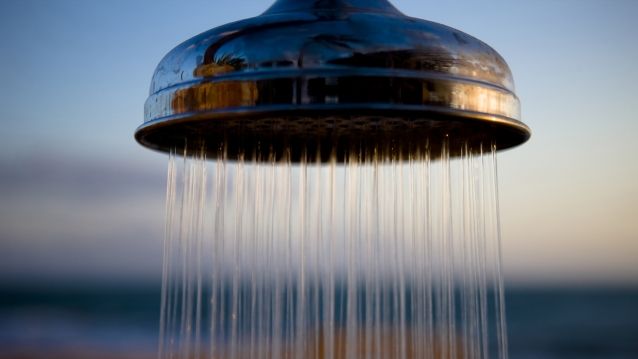Many people find their best ideas come when they’re in the shower.
Whether they suddenly realize a new solution to a tricky problem from work or they come up with a great idea for a novel, the shower has long been a popular place to relax and let the mind wander.
Psychologists have found this special brand of creativity stems from what they call the “default mode network” during which the brain detaches from its immediate environment and turns internally to free association. By detaching thoughts from their external context, these thoughts are then free to mix and make new connections and generate new ideas.
When facing a creative block at work or trying to solve a problem, a nice long shower would be a great place to come up with a new idea.
Since most people aren’t able to shower at work, however, try replicating the key factors that make shower thinking effective.
Repetitive yet engaging tasks
The typical routines associated with the shower are familiar enough to require little thought, but they’re still engaging enough to keep you busy. This state is conducive to the free association necessary for the brain to make new connections or generate unique ideas.
Duplicate at work: Find mindless busy work to do, whether it’s filing, cleaning your desk, or alphabetizing something. The work should keep your hands busy while letting the mind wander.
Solitude and time
Dropping into this relaxed, free association mode of thinking takes time, which is why taking a shower is usually more conducive to new ideas than brushing teeth, for example. Furthermore, shower thinking isn’t effective if constantly interrupted; it requires a certain amount of isolation.
Duplicate at work: In order to gain the right measure of solitude and time, try taking a walk outside the office. Wander without direction for at least ten minutes, and allow your mind to wander as well.
Mental rest
Neuroscientists have found more dopamine in the brain correlates with more creativity, which essentially means the more relaxed and happy you are, the more creative you will be. Relaxation isn’t always easy to achieve at work, but it can be helpful when facing a mental block.
Duplicate at work: Take a break to listen to calming music, or quietly doodle. Both creative exercises engage the brain creatively without adding extra stress. Doodling is particularly effective for keeping your mind creative, engaged, and relaxed.






